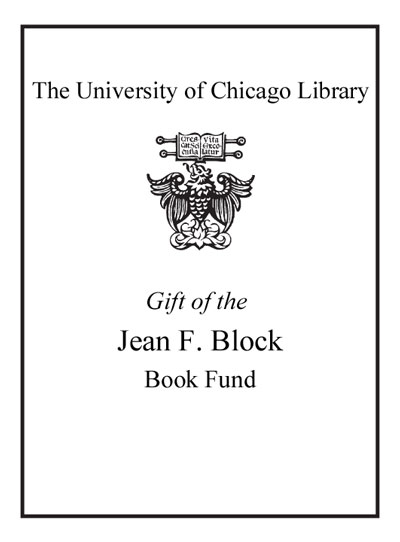Review by Choice Review
Chicago has long been the proving ground for ethnic and racial political coalition building. In the 1910s-20s, the city experienced substantial black immigration but became in the process the most residentially segregated of all major US cities. During the civil rights struggles of the 1960s, long-simmering frustration and anger led many lower-class blacks to the culturally attractive, militant Black Panther Party. Thus, long before Jesse Jackson's Rainbow Coalition, made famous in the 1980s, or Barack Obama's historic presidential campaigns more recently, the Illinois Chapter of the Black Panther Party (ILPBB) laid much of the groundwork for nontraditional grassroots political activism. The principal architect was a charismatic, marginally educated 20-year-old named Fred Hampton, tragically and brutally murdered by the Chicago police in December 1969 as part of an FBI-backed counter-intelligence program against what it considered subversive political groups. Among other things, Williams (Kentucky) "demonstrates how the ILPBB's community organizing methods and revolutionary self-defense ideology significantly influenced Chicago's machine politics, grassroots organizing, racial coalitions, and political behavior." Williams incorporates previously sealed secret Chicago police files and numerous oral histories. Photos and maps. Summing Up: Recommended. Upper-division undergraduates and above. K. Edgerton Montana State University at Billings
Copyright American Library Association, used with permission.
Review by Choice Review

